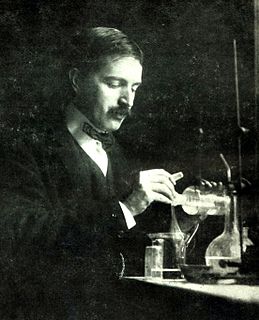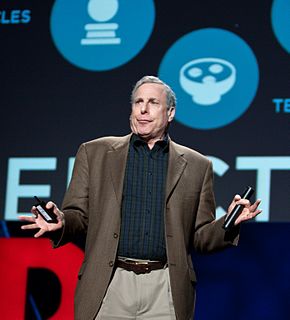A Quote by Stephen Hawking
Science could predict that the universe must have had a beginning.
Related Quotes
One can imagine that God created the universe at literally any time in the past. On the other hand, if the universe is expanding, there may be physical reasons why there had to be a beginning. One could imagine that God created the universe at the instant of the big bang, or even afterwards in just such a way as to make it look as though there had been a big bang, but it would be meaningless to suppose that it was created before the big bang. An expanding universe does not preclude a creator, but it does place limits on when he might have carried out his job!
The observer and the universe are part of the same universe. It's what science discovered at the beginning of this century, when they say you can't tell where an atomic particle is. You know where they are, but not their speed; or you know their speed but not their place, because it depends on you. The one who describes is part of the description.































